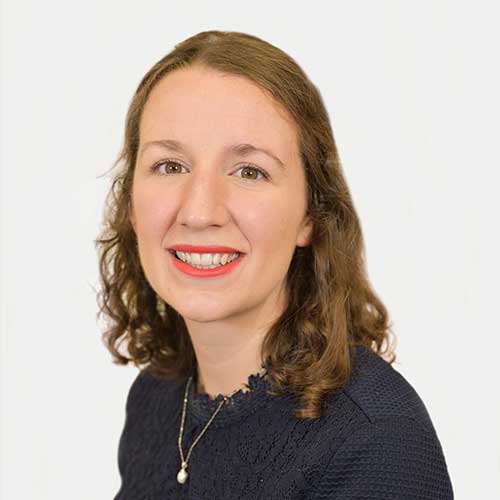
Episode 6
October 2022Prof. Yvonne McDermott Rees
Profesor of Law, Hillary Rodham Clinton School of Law, University of Swansea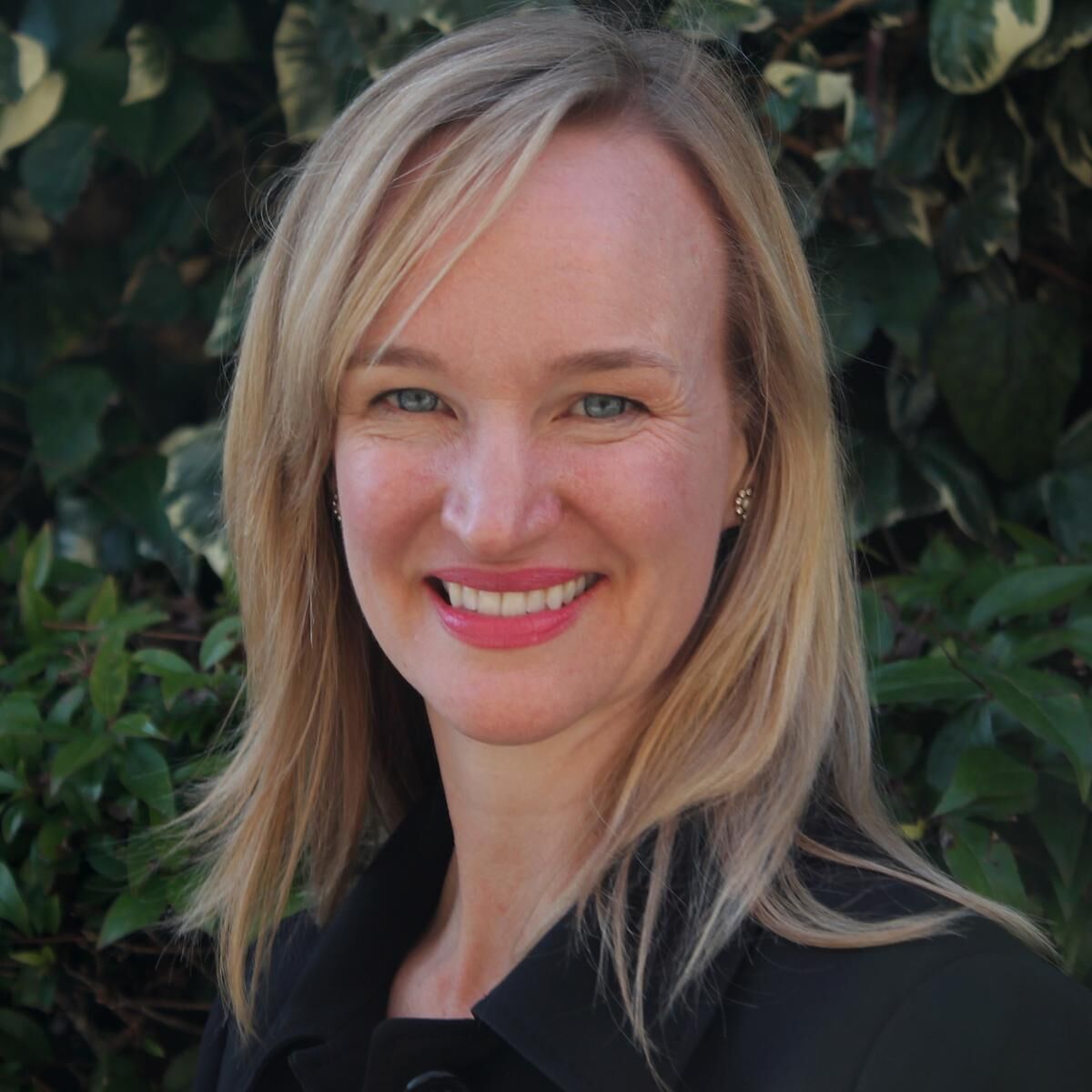
Prof. Alexa Koenig
Lecturer in Residence and Executive Director of the Human Rights Centre, Berkeley University
Digital evidence and the use of open-source methods in international fact-finding
December 2023
(recorded April 2023)
In this sixth episode of the Hearsay Evidence Podcast, host Manuel Sánchez Miranda and Professor Alexa Koenig discuss digital evidence in international fact-finding, especially in human rights investigations and international criminal trials. They discuss how social media and other digital platforms are reshaping the landscape of international fact-finding and legal proceedings. Professor Koenig emphasized the ethical considerations and authenticity challenges of digital evidence collection.Professor Koenig discusses the Berkeley Protocol, a groundbreaking guideline developed to standardize the process of collecting and verifying digital evidence for human rights investigations and international criminal trials. The Protocol, pioneered at the Human Rights Center at UC Berkeley, outlines best practices for ensuring the credibility, ethical acquisition, and legal admissibility of digital evidence in courts, setting a comprehensive standard for practitioners and investigators worldwide.
The episode concludes with insights into the evolving role of technology in human rights investigations. Professor Koenig emphasized the need for continuous education and adaptation to technological advancements, highlighting how these tools not only challenge traditional methods but also offer new possibilities for accountability and justice in the digital era.
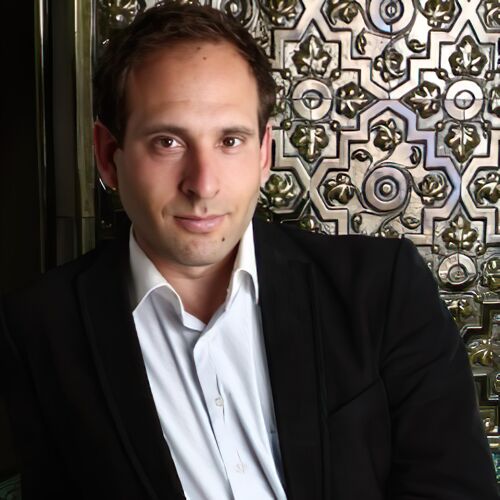
Evidence in international criminal trials
November 2023
Prof. Mark Klamberg
Professor and head of subject for public international law, Stockholm University
November 2023
Prof. Mark Klamberg
Professor and head of subject for public international law, Stockholm University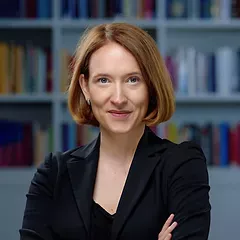
Fair trial and witness evidence from the perspective of the defence in international criminal trials
November 2023
November 2023
Marie-Hélène Proulx
International Criminal Defence Lawyer & President of the International Criminal Court Bar Association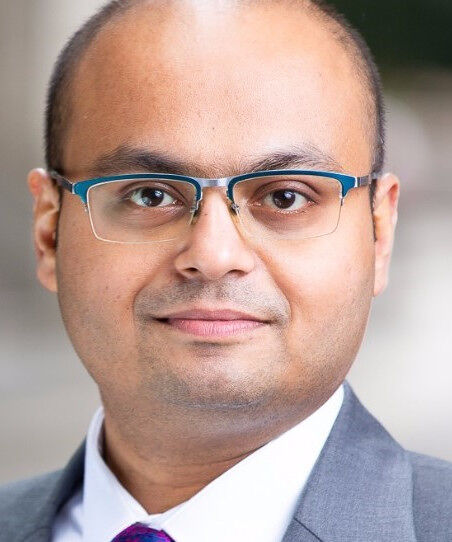
International Law Commission's work on evidence before international courts and tribunals (69th session)
November 2023
Dr. Aniruddha Rajput
Member of the ILC Commission (2017-2021), Evidence Before International Courts and Tribunals
November 2023
Dr. Aniruddha Rajput
Member of the ILC Commission (2017-2021), Evidence Before International Courts and Tribunals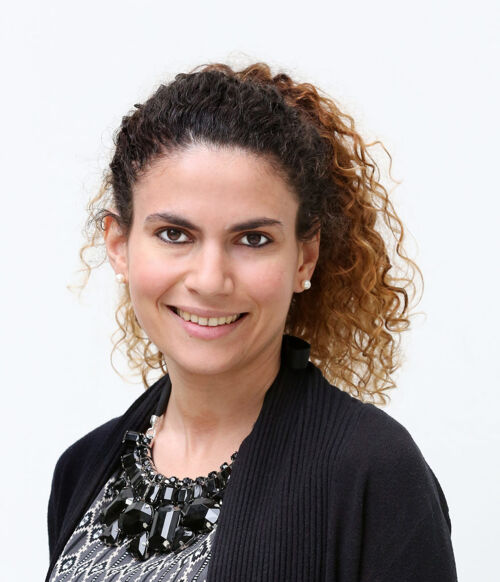
Audiovisual evidence in the documentation of international criminal crimes
December 2023
December 2023
Chiara Gabriele
Senior Legal Advisor, TRIAL International
Digital evidence and the use of open-source methods in international fact-finding
December 2023
December 2023
Prof. Alexa Koenig
Lecturer in Residence and Executive Director of the Human Rights Centre, Berkeley University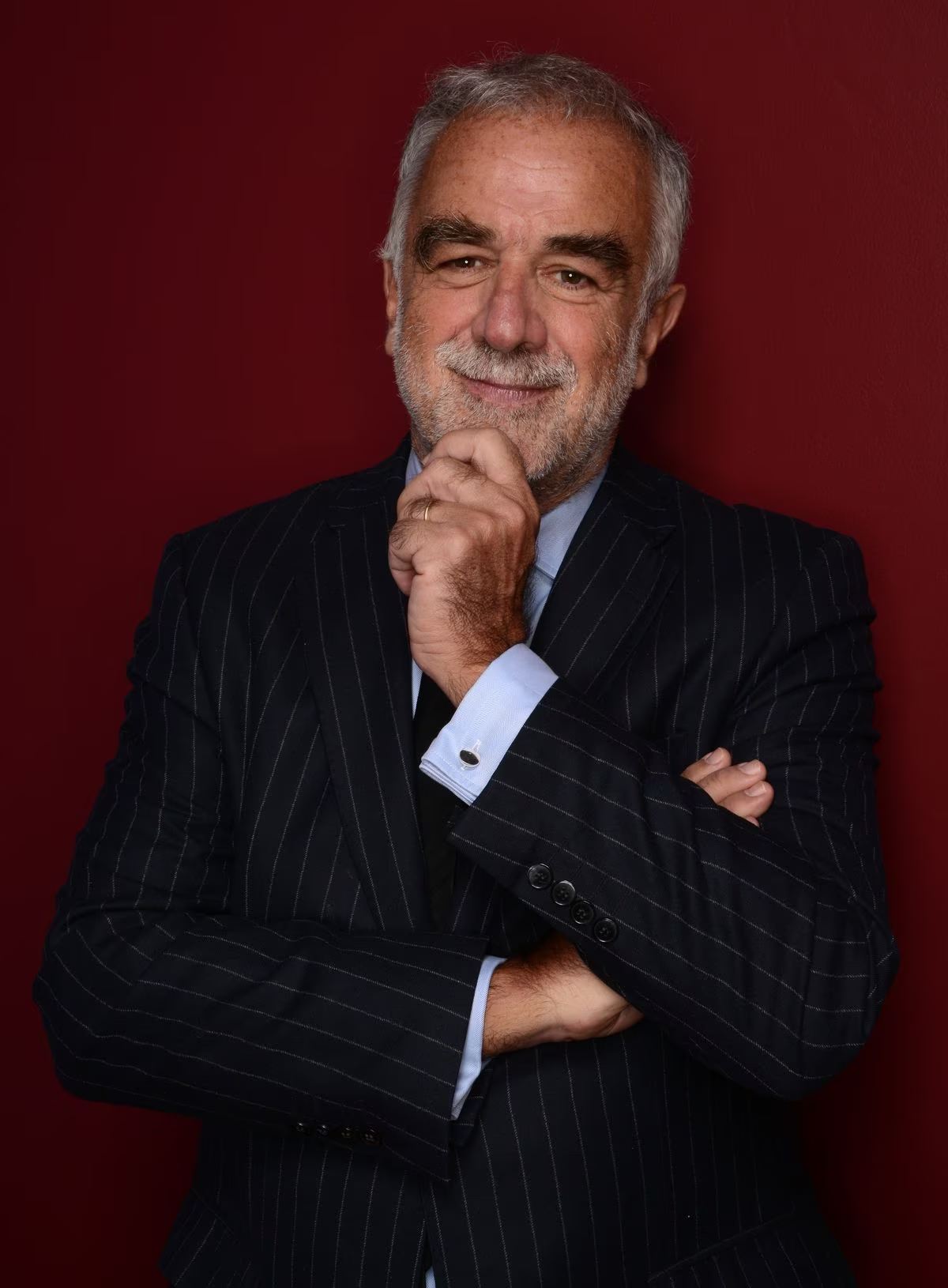
The realities of the prosecution
January 2024
January 2024
Luis Moreno Ocampo
Former Prosecutor of the International Criminal Court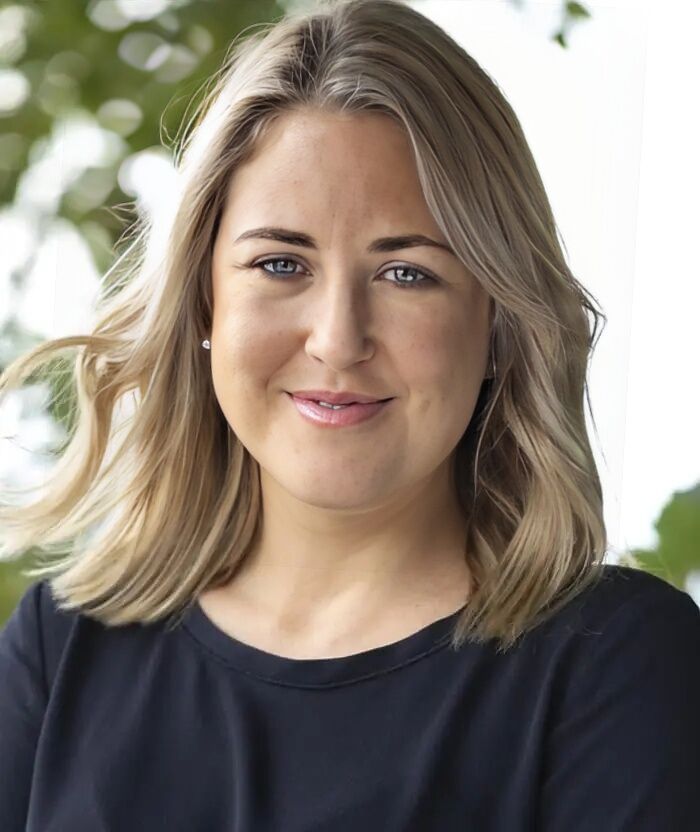
Fact-finding before the International Criminal Court and the International Residual Mechanism for Criminal Tribunals
January 2024
January 2024
Kate Gibson
International Criminal Lawyer & Associate Tenant, Doughty Street ChambersEpisode 6
December 2023
(recorded April 2023)
Prof. Alexa Koenig
Lecturer in Residence and Executive Director of the Human Rights Centre, Berkeley University In this sixth episode of the Hearsay Evidence Podcast, host Manuel Sánchez Miranda and Professor Alexa Koenig discuss digital evidence in international fact-finding, especially in human rights investigations and international criminal trials. They discuss how social media and other digital platforms are reshaping the landscape of international fact-finding and legal proceedings. Professor Koenig emphasized the ethical considerations and authenticity challenges of digital evidence collection.Professor Koenig discusses the Berkeley Protocol, a groundbreaking guideline developed to standardize the process of collecting and verifying digital evidence for human rights investigations and international criminal trials. The Protocol, pioneered at the Human Rights Center at UC Berkeley, outlines best practices for ensuring the credibility, ethical acquisition, and legal admissibility of digital evidence in courts, setting a comprehensive standard for practitioners and investigators worldwide.The episode concludes with insights into the evolving role of technology in human rights investigations. Professor Koenig emphasized the need for continuous education and adaptation to technological advancements, highlighting how these tools not only challenge traditional methods but also offer new possibilities for accountability and justice in the digital era.
In this sixth episode of the Hearsay Evidence Podcast, host Manuel Sánchez Miranda and Professor Alexa Koenig discuss digital evidence in international fact-finding, especially in human rights investigations and international criminal trials. They discuss how social media and other digital platforms are reshaping the landscape of international fact-finding and legal proceedings. Professor Koenig emphasized the ethical considerations and authenticity challenges of digital evidence collection.Professor Koenig discusses the Berkeley Protocol, a groundbreaking guideline developed to standardize the process of collecting and verifying digital evidence for human rights investigations and international criminal trials. The Protocol, pioneered at the Human Rights Center at UC Berkeley, outlines best practices for ensuring the credibility, ethical acquisition, and legal admissibility of digital evidence in courts, setting a comprehensive standard for practitioners and investigators worldwide.The episode concludes with insights into the evolving role of technology in human rights investigations. Professor Koenig emphasized the need for continuous education and adaptation to technological advancements, highlighting how these tools not only challenge traditional methods but also offer new possibilities for accountability and justice in the digital era.